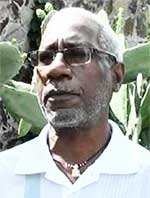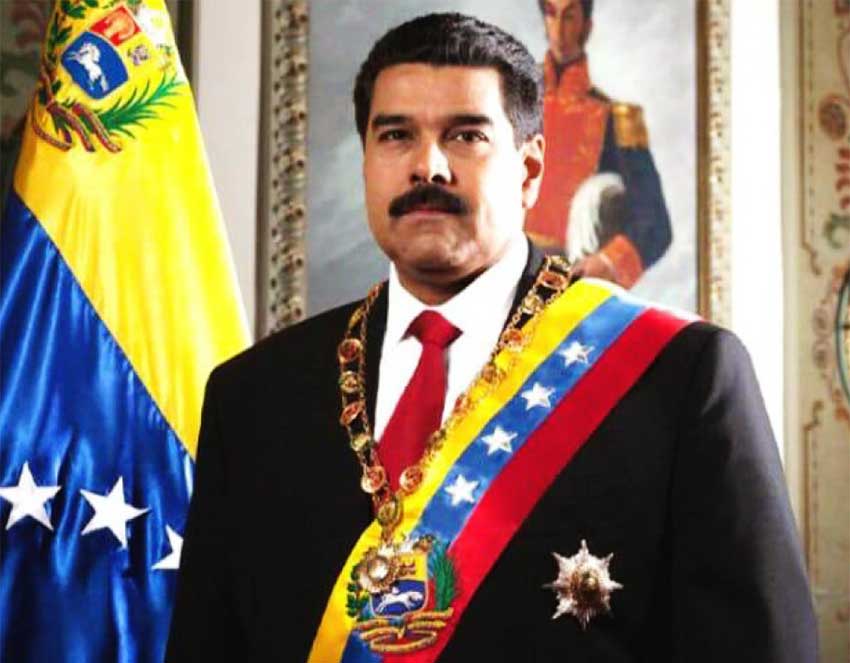
Venezuela has always counted on its Caribbean neighbours for more than just solidarity in the face of the current level of US aggression.
Caracas has gone head over heels, over time, to convince English-speaking Caribbean Community (CARICOM) governments that all it wants is respect for its sovereignty and total non-interference in Venezuela’s internal affairs.
Even at the worst of times, the Nicolas Maduro administration has never sought hard-cash returns from its generous supply of fuel under over-generous terms to all but two CARICOM states under the PetroCaribe Agreement.
All other forms of material support to Caribbean countries – from scholarships to laptop computers for schools and construction of bridges — have been offered in the spirit of mutual solidarity and support in times of need.
Most (if not all) the speakers at the opening session of the 40th CARICOM Summit here on Wednesday night recalled Venezuela’s quick and voluminous material support and assistance to member-states affected by Hurricanes Irma and Maria in 2017, most also alluding to the need for CARICOM to find ways and means to assist in solving the current political crisis there.
I have always been aware of the several initiatives taken by CARICOM since January 2019, under the Chairmanship of St Kitts and Nevis PM Dr Timothy Harris, including, as he mentioned, the search for and offer of peaceful solution through the ‘Montevideo Mechanism’ involving Uruguay, Mexico and CARICOM, as well as through the Office of the United Nations Secretary General, the International Contact Group and the European Union (EU).
Also involved since then was Norway, which has been quietly facilitating talks between the Maduro administration and the Opposition amid all the din of the effects of multiple US economic sanctions and US-backed attempted military interventions.
With the immediate focus of international crisis attention having moved (for now) from Venezuela to Iran, it was left to those parties that have been consistent in their search for a peaceful and non-interventionist solution in Venezuela to persist.
The excesses of the US-backed ‘Interim President’ Juan Guaido – from inviting more punishing US sanctions and direct military intervention to his appointees admittedly embezzling and squandering funds raised by international efforts to assist Venezuelans – have made it that more difficult for the pro-Washington ‘Lima Group’ of Latin American and Caribbean states, led by Canada, to convince the majority of CARICOM member-states to rally around the US’ naked interventionist approach aimed at regime change.
The democratically-elected CARICOM governments are indeed finding it increasingly difficult to justify, among themselves, supporting the forced removal of an elected government through non-conventional means, including external intervention through attempted military coups.
I always saw the Saint Lucia CARICOM Summit as crucial to the efforts to present a firm, lasting and peaceful solution to the Venezuela crisis.
The timing was unavoidably and unintentionally timely, also coming at a time when President Donald Trump’s will to send US troops to war in a presidential re-election year is tempered by the potential political and electoral costs.
I therefore knew I was not alone in sensing the importance of the Saint Lucia CARICOM Summit when, while following events relating to the two recent air attacks on a refugee detention center in Libya that left 60 dead and 77 injured, I heard an official statement on the issue issued on behalf of UN Secretary General Antonio Guterres, said by his representative to have been ‘in the Caribbean’.
I would later confirm my suspicion, but in respect for the security considerations involved, I did not so indicate in my Thursday column, which appeared after the world’s top diplomat’s presence here was already world news.
One of my main observations watching the opening ceremony Wednesday was the presence, apart from the UN Secretary General, of the Prime Minister of Norway, the Secretary General of the Organization of American States OAS) and the Secretary General of the Association of Caribbean States (ACS) – all of whom have been involved in discussions on the future of Venezuela, in one way or another.
The references by outgoing Chairman Dr Harris and by the CARICOM Secretary General, the fact that Venezuela was a key Summit agenda item and the presence here of the mentioned key Venezuela players all raised my hopes about CARICOM Leaders emerging from this historic 40th Summit held here during Saint Lucia’s 40th Anniversary of Independence with good news for a peaceful, home grown and regionally-backed solution in Venezuela.
The meeting having also taken place on the anniversary of the 46th year of CARICOM on Thursday, July 4 and ending yesterday on July 5, the anniversary of Venezuela’s Independence, it is only to be hoped that all the elements having been on the table at The Royalton during their three days of discourse, the leaders will have searched and found proposals for ways and means for reiterating respect for Venezuela’s sovereignty, an end to uninvited external intervention, dialogue between government and opposition and mutual commitment to lasting peace in Venezuela.
What a key diplomatic victory CARICOM would have achieved on the global stage in a year when one of its members, St Vincent and the Grenadines, has become the smallest state to gain membership of the all-powerful United Nations Security Council – a joy the region shared with Saint Lucia when it held the Presidency of the United Nations General Assembly for its 58th Session, from 2003 to 2004.
Venezuela deserves a Caribbean solution – and so does all of its CARICOM neighbors that share the pain of its sufferings accelerated by declining economic and political conditions at home, accentuated by the accumulative effects of successive US sanctions.
The meeting ended last night and today is like D-Day. Let’s therefore see and hear what happens today – and tomorrow… and thereafter…










